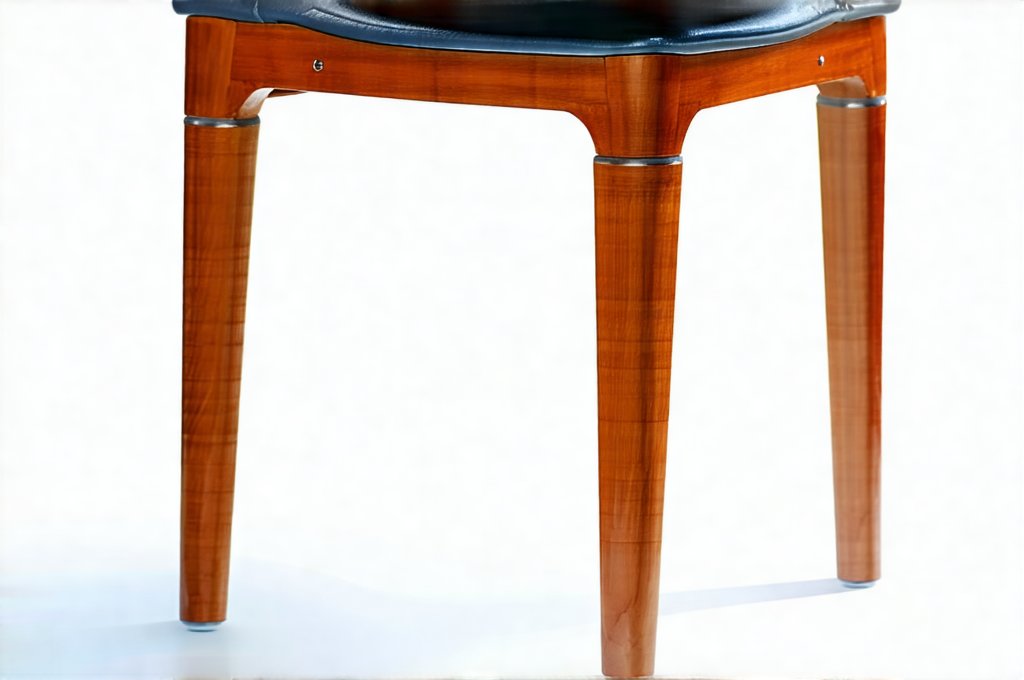The seemingly innocuous habit of consistently relying on bathroom bars – those ubiquitous handrails found beside toilets – for support during defecation can quietly lead to surprising and often overlooked discomfort. Many individuals develop a dependence on these bars not from actual weakness or instability, but out of anticipation of strain, anxiety about bowel movements, or simply because it feels like the “right” thing to do. Over time, this reliance can create a vicious cycle, weakening core muscles, altering natural biomechanics, and ultimately contributing to constipation, pelvic floor dysfunction, and even chronic pain. It’s a surprisingly common issue that rarely gets discussed openly, leaving many people struggling with unexplained digestive discomfort or feeling embarrassed to seek help.
This isn’t about demonizing bathroom bars themselves; they are invaluable for individuals with genuine physical limitations or medical conditions requiring support. However, for those without such needs, habitually leaning on them during bowel movements can be a subtle but significant contributor to a range of issues. The goal isn’t necessarily complete elimination of bar use—although that may be appropriate in some cases—but rather understanding the potential downsides and proactively working towards restoring natural bodily function and reducing unnecessary dependence. This article will explore the mechanisms behind this discomfort, common contributing factors, and strategies for regaining comfortable bowel habits without relying on bars.
The Mechanics of Reliance & Discomfort
The human digestive system is designed to operate with a certain degree of muscular effort, but not excessive strain. A healthy bowel movement relies on coordinated contractions of the abdominal muscles, pelvic floor muscles, and the muscles of the rectum itself. When we lean heavily on a bathroom bar, we inadvertently reduce the activation of these core muscles. Instead, we’re transferring much of the pushing force to our arms and back, essentially outsourcing the job they should be doing. This leads to a weakening of those crucial abdominal and pelvic floor muscle groups over time. – A weakened pelvic floor can contribute to issues like fecal incontinence or a sensation of incomplete emptying. – Reduced abdominal muscle strength impacts overall core stability and can lead to lower back pain.
Furthermore, relying on bars often changes our posture during defecation. We tend to hunch forward, restricting the natural straightening of the anorectal angle – the curve in the rectum that aids in efficient elimination. This altered angle makes it harder for stool to pass smoothly, increasing pressure within the pelvic region and potentially leading to hemorrhoids or anal fissures. The body then learns to associate bowel movements with this braced position, making it even more difficult to relax and go naturally without the bar’s support. The longer this pattern continues, the more ingrained it becomes.
Finally, the psychological aspect is important. Anticipating strain and automatically reaching for the bar creates a self-fulfilling prophecy. The anxiety surrounding bowel movements can exacerbate muscle tension and make the process feel harder than it actually is. It’s a feedback loop where fear leads to reliance, which then reinforces the original fear. This contributes to a heightened awareness of bodily functions and potentially even constipation due to withholding or straining. If you struggle with this, understanding blood sugar fluctuations might also be helpful.
Identifying Contributing Factors
Many factors can contribute to the development of bar reliance. One major culprit is chronic constipation. When stool becomes hard and difficult to pass, it’s natural to seek support and leverage to ease the process. However, consistently straining to overcome constipation further weakens the abdominal muscles and reinforces the habit of using bars. Addressing the underlying causes of constipation – such as inadequate fiber intake, dehydration, or lack of physical activity – is crucial in breaking this cycle.
Another contributing factor is previous pelvic surgery or childbirth. These events can weaken the pelvic floor muscles, making individuals feel less secure during bowel movements and more inclined to seek support. Even if a surgical procedure was years ago, lingering weakness can contribute to ongoing reliance on bars. Similarly, conditions like irritable bowel syndrome (IBS) can cause unpredictable bowel habits that lead to anxiety and a desire for control during defecation. Sometimes acid reflux alone can contribute to nausea making the process more difficult.
Finally, psychological factors play a significant role. Individuals with a history of trauma or anxiety may experience heightened sensitivity to bodily sensations and a greater need for control over their bodies. This can translate into an unconscious reliance on bars as a way to feel safer and more in control during bowel movements. It’s important to remember that there is no shame in seeking help if psychological factors are contributing to your discomfort. Understanding yeast overgrowth and its impact on digestion can also be beneficial.
Restoring Natural Bowel Function
Breaking the cycle of bar reliance requires a multi-faceted approach focused on restoring natural bodily function and addressing underlying causes. The first step is often positional changes. Consider using a squatty potty or similar device that elevates the knees above the hips during defecation. This mimics a more natural squatting position, which straightens the anorectal angle and makes it easier to pass stool. Even simply placing your feet on a small stool can make a difference.
Next, focus on strengthening core and pelvic floor muscles. – Kegel exercises are well-known for pelvic floor strength, but abdominal strengthening exercises (planks, bridges, gentle crunches) are equally important. – A physical therapist specializing in pelvic health can provide personalized exercise programs tailored to your specific needs.
Finally, address dietary and lifestyle factors. Ensure you’re getting adequate fiber intake from fruits, vegetables, and whole grains. Stay well-hydrated by drinking plenty of water throughout the day. Regular physical activity promotes healthy bowel function and overall muscle strength. Gradually reducing reliance on the bar is key. Start by using it only when absolutely necessary, then progressively decrease its use as your core and pelvic floor muscles strengthen and your bowel habits improve. This may involve consciously reminding yourself to let go of the bar during the initial stages of a bowel movement, even if it feels uncomfortable at first. It’s important to consider that lack of stomach acid could also be playing a role in digestive issues.
Seeking Professional Guidance
If you’re struggling with stool discomfort related to bar reliance, don’t hesitate to seek professional guidance. A gastroenterologist can rule out any underlying medical conditions contributing to your symptoms and provide appropriate treatment options. A pelvic floor physical therapist can assess your pelvic floor muscle function and develop a personalized rehabilitation program to strengthen those muscles and improve bowel control. They can also teach you proper techniques for safe and effective exercise.
Cognitive Behavioral Therapy (CBT) may be beneficial if anxiety or psychological factors are contributing to your reliance on bars. CBT can help you identify and challenge negative thought patterns, reduce anxiety surrounding bowel movements, and develop coping mechanisms for managing discomfort. Remember that seeking help is a sign of strength, not weakness. If you suspect environmental causes, consider whether gut issues could be triggered by pesticides in your area. Also remember to rule out liver problems as a potential source of discomfort. Finally, if you experience frequent throat burning, exploring throat burning solutions could provide relief.
Ultimately, overcoming bar reliance requires patience, consistency, and a willingness to address the underlying causes of your discomfort. By understanding the mechanics behind this habit, identifying contributing factors, and implementing strategies for restoring natural bowel function, you can regain comfortable and confident control over your digestive health.


















